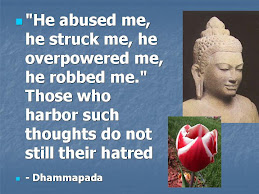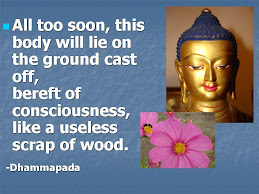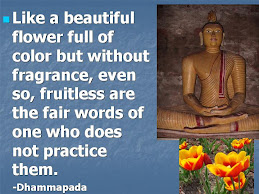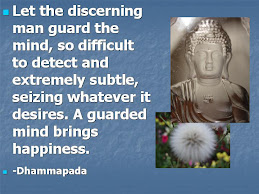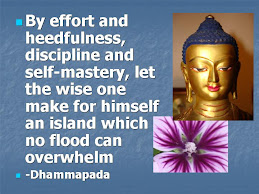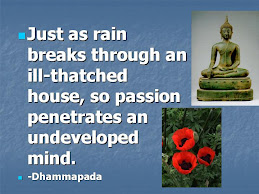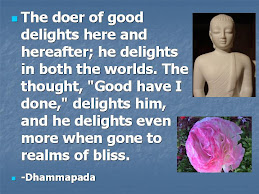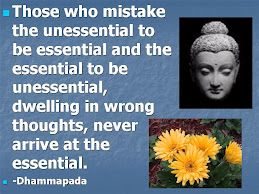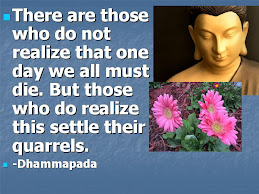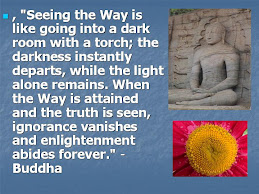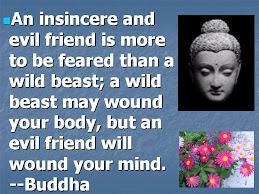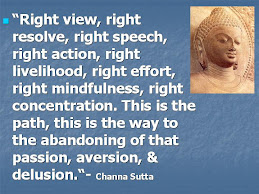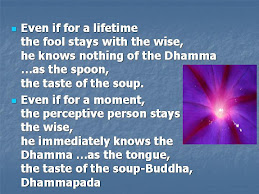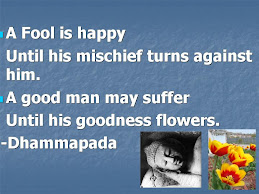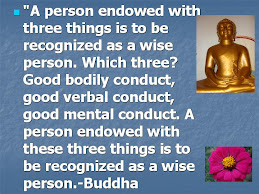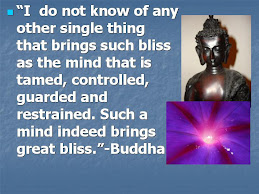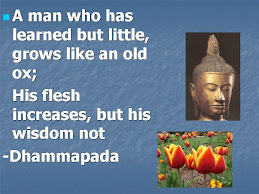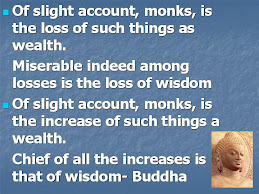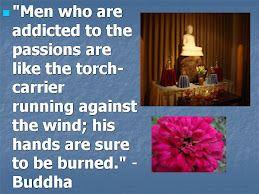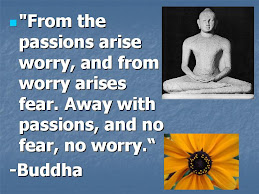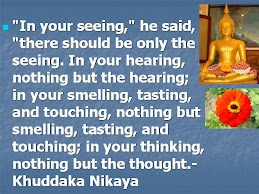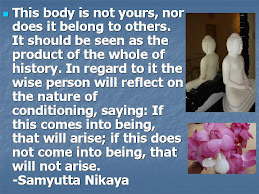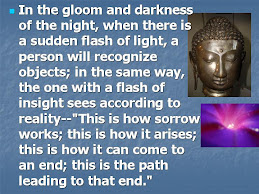Then Kesi the horsetrainer went to the Blessed One and, on arrival, having bowed down, sat to one side. As he was sitting there, the Blessed One said to him: "You, Kesi, are a trained man, a trainer of tamable horses. And how do you train a tamable horse?"
"Lord, I train a tamable horse [sometimes] with gentleness, [sometimes] with harshness,[sometimes] with both gentleness & harshness."
"And if a tamable horse does not submit either to a mild training or to a harsh training or to a mild & harsh training, Kesi, what do you do?"
"If a tamable horse does not submit either to a mild training or to a harsh training or to a mild and harsh training, lord, then I kill it.
Why is that? [I think:] 'Don't let this be a disgrace to my lineage of teachers.' But the Blessed One, lord, is the unexcelled trainer of tamable people. How do you train a tamable person?"
"Kesi, I train a tamable person [sometimes] with gentleness, [sometimes] with harshness, [sometimes] with both gentleness & harshness.
"In using gentleness, [I teach:] 'Such is good bodily conduct. Such is the result of good bodily conduct. Such is good verbal conduct. Such is the result of good verbal conduct. Such is good mental conduct. Such is the result of good mental conduct. Such are the devas. Such are human beings.'
"In using harshness, [I teach:] 'Such is bodily misconduct. Such is the result of bodily misconduct. Such is verbal misconduct. Such is the result of verbal misconduct. Such is mental misconduct. Such is the result of mental misconduct. Such is hell. Such is the animal womb. Such the realm of the hungry shades.'
"In using gentleness & harshness, [I teach:] 'Such is good bodily conduct. Such is the result of good bodily conduct. Such is bodily misconduct. Such is the result of bodily misconduct. Such is good verbal conduct. Such is the result of good verbal conduct. Such is verbal misconduct. Such is the result of verbal misconduct. Such is good mental conduct. Such is the result of good mental conduct. Such is mental miscondut. Such is the result of mental misconduct. Such are the devas. Such are human beings. Such is hell. Such is the animal womb. Such the realm of the hungry shades.'"
"And if a tamable person does not submit either to a mild training or to a harsh training or to a mild & harsh training, what do you do?"
"If a tamable person does not submit either to a mild training or to a harsh training or to a mild & harsh training, then I kill him*, Kesi."
"But it's not proper for our Blessed One to take life! And yet the Blessed One just said, 'I kill him, Kesi.'"
"It is true, Kesi, that it's not proper for a Tathagata to take life. But if a tamable person does not submit either to a mild training or to a harsh training or to a mild & harsh training, then the Tathagata does not regard him as being worth speaking to or admonishing. His knowledgeable fellows in the holy life do not regard him as being worth speaking to or admonishing*. This is what it means to be totally destroyed in the Doctrine & Discipline, when the Tathagata does not regard one as being worth speaking to or admonishing, and one's knowledgeable fellows in the holy life do not regard one as being worth speaking to or admonishing."
"Yes, lord, wouldn't one be totally destroyed if the Tathagata does not regard one as being worth speaking to or admonishing, and one's knowledgeable fellows in the holy life do not regard one as being worth speaking to or admonishing!
"Magnificent, lord! Magnificent! Just as if he were to place upright what was overturned, to reveal what was hidden, to show the way to one who was lost, or to carry a lamp into the dark so that those with eyes could see forms, in the same way has the Blessed One — through many lines of reasoning — made the Dhamma clear. I go to the Blessed One for refuge, to the Dhamma, and to the community of monks. May the Blessed One remember me as a lay follower who has gone to him for refuge, from this day forward, for life."
AN 4.111
Kesi Sutta: To Kesi the Horsetrainer
translated from the Pali by
Thanissaro Bhikkhu























